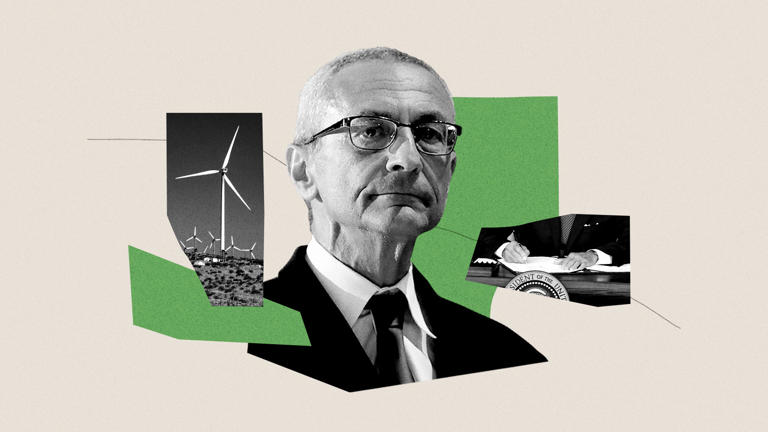Since the passage of the Inflation Reduction Act 18 months ago, a group of policy analysts has provided tangible evidence of the impact of the nation’s investment in clean energy. Their analysis reveals that for every dollar the government has invested in advancing the transition to clean energy, the private sector has contributed $5.47. This partnership has resulted in nearly a quarter-trillion dollars flowing into the clean economy within just one year. Across various segments tracked by Rhodium Group and Massachusetts Institute of Technology (MIT), investments have not only increased but have also accelerated since President Joe Biden signed the legislation. In the 12-month period from October 2022 through September 2023, $220 billion was invested, including $34 billion in federal spending, predominantly through tax credits.
The report underscores the significant financial momentum behind the transition to a clean economy spurred by clear government commitment to a specific course of action. It demonstrates the impact of progressive policies in driving economic transformation forward. Hannah Hess, an associate director of climate and energy at Rhodium Group and co-author of the report, highlighted the value of federal government leadership in supporting decarbonization and clean energy initiatives.
The increased investments in the clean economy have led to record-breaking achievements in 2023. Utility-scale solar and storage grew by over 50 percent compared to the previous year, reaching a total investment of $53 billion. Investment in the entire electric vehicle (EV) supply chain surged by 115 percent to $42 billion. Additionally, retail spending by businesses and households on EVs, heat pumps, and rooftop solar reached $118 billion.
Despite these impressive figures, economists and analysts caution that the current rate of investment may not be sufficient for the U.S. to achieve its climate goals. While the Inflation Reduction Act aims to cut emissions by 40 percent, meeting the 50 percent reduction needed by 2030 under the Paris Agreement remains a significant challenge. Catherine Wolfram, a professor of energy economics at MIT, acknowledges the importance of the Inflation Reduction Act as a symbol of America’s commitment to climate action but emphasizes that more work is needed to achieve ambitious emission reduction targets.
The government’s proactive approach towards steering the nation’s economy towards a future with reduced emissions has attracted investments in projects that may not receive federal support for years to come. In 2023, over one-fifth of the $239 billion spent on clean investments went into manufacturing, particularly in the electric vehicle (EV) sector. Companies are investing substantial amounts to build factories, anticipating tax credits once production begins.
However, some investors are wary due to ongoing attempts by Republican members of Congress to repeal or roll back provisions and funding sources in the Inflation Reduction Act (IRA). Bob Keefe, executive director of the nonpartisan advocacy group E2, expressed concern that policy uncertainties could deter investment. Despite this, E2 has tracked announcements for hundreds of clean energy projects across 41 states since the legislation passed, with $4 billion worth of investments announced in February alone.
Keefe believes that if the government doesn’t interfere, the nation is on the brink of a significant economic revolution. Although the wind industry faced challenges, other sectors experienced substantial growth, especially emerging technologies like hydrogen and sustainable aviation fuel, which saw a tenfold increase in spending in 2023, reaching $9.1 billion.
Federal investments are surpassing the Biden administration’s estimates, with projections suggesting that the government could inject over $1 trillion into the clean economy through IRA-related spending alone. Despite uncertainties, the report from Rhodium Group underscores the energy and enthusiasm driving this economic transition. The level of investment and job creation has exceeded expectations, demonstrating the unprecedented scale of the clean energy revolution.
